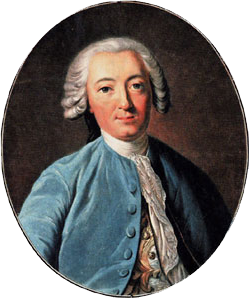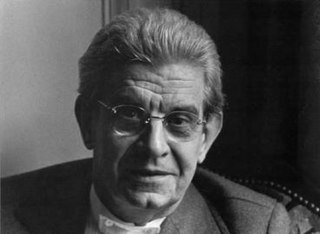A Quote by Georg Wilhelm Friedrich Hegel
The first glance at History convinces us that the actions of men proceed from their needs, their passions, their characters and talents; and impresses us with the belief that such needs, passions and interests are the sole spring of actions.
Related Quotes
The calamities of tragedy do not simply happen, nor are they sent; they proceed mainly from actions, and those the actions of men.We see a number of human beings placed in certain circumstances; and we see, arising from the co-operation of their characters in these circumstances, certain actions. These actions beget others, and these others beget others again, until this series of inter-connected deeds leads by an apparently inevitable sequence to a catastrophe.
The people who write official histories for the Army believe that a generation needs to pass before you can tackle the official history. It's useful to have some distance. Sources become available. Passions cool. It allows an opportunity to make some real assessments and judgments about personalities and characters.
It is a mighty error to suppose that none but violent and strong passions, such as love and ambition, are able to vanquish the rest. Even idleness, as feeble and languishing as it is, sometimes reigns over them; it usurps the throne and sits paramount over all the designs and actions of our lives, and imperceptibly wastes and destroys all our passions and all our virtues.
Men are admitted into heaven not because they have curbed and governed their passions or have no passions, but because they have cultivated their understandings. The treasures of heaven are not negations of passion, but realities of intellect, from which all the passions emanate uncurbed in their eternal glory.
Vanity is so closely allied to virtue, and to love the fame of laudable actions approaches so near the love of laudable actions for their own sake, that these passions are more capable of mixture than any other kinds of affection; and it is almost impossible to have the latter without some degree of the former.








































